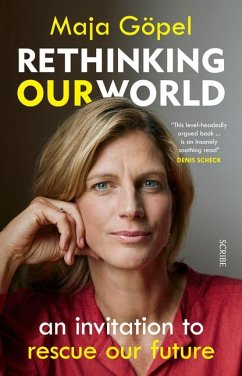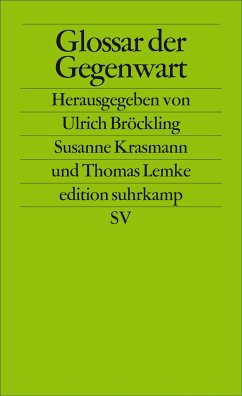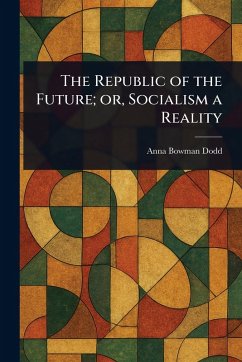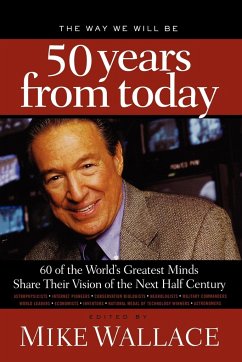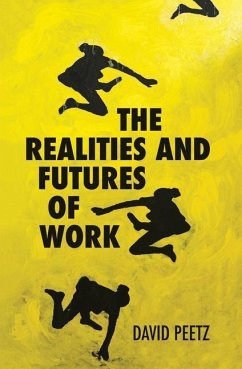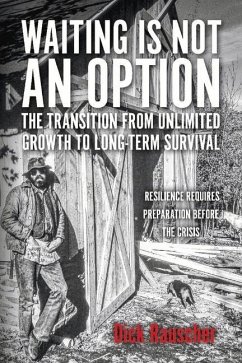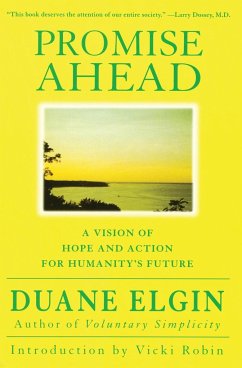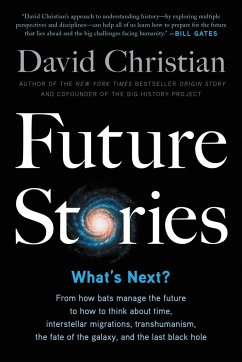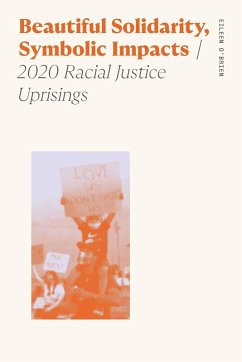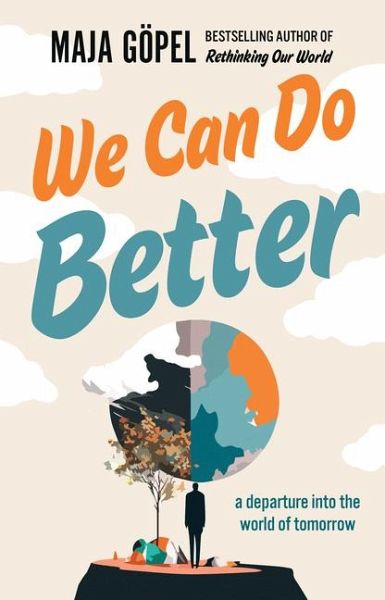
We Can Do Better
A Departure Into the World of Tomorrow
Übersetzer: Shaw, David
Versandkostenfrei!
Versandfertig in über 4 Wochen
18,99 €
inkl. MwSt.
Weitere Ausgaben:

PAYBACK Punkte
9 °P sammeln!
"A profound diagnosis and wake-up call." --Ralph Gerstenberg, Deutschlandfunk Kultur Book Review Political economist Maja Göpel delivers the tools we need to build the world we want to live in Humanity is undergoing a massive process of transformation, and the way we live is about to change in a fundamental way. In recent times, we've lived so hard on the earth, that the environment, the economy, politics, society, and technology are crumbling. There have always been great transformations in history, triggered by humans. Structural change is not an imposition, but an opportunity. It is time t...
"A profound diagnosis and wake-up call." --Ralph Gerstenberg, Deutschlandfunk Kultur Book Review Political economist Maja Göpel delivers the tools we need to build the world we want to live in Humanity is undergoing a massive process of transformation, and the way we live is about to change in a fundamental way. In recent times, we've lived so hard on the earth, that the environment, the economy, politics, society, and technology are crumbling. There have always been great transformations in history, triggered by humans. Structural change is not an imposition, but an opportunity. It is time that we -- each of us individually, but also society as a whole -- allowed ourselves to think anew, to dream, and to ask two related, radical questions: Who do we want to be, and how do we want to live? In We Can Do Better, Maja Göpel explains how we can understand such complex developments and use this knowledge to achieve a better world.



